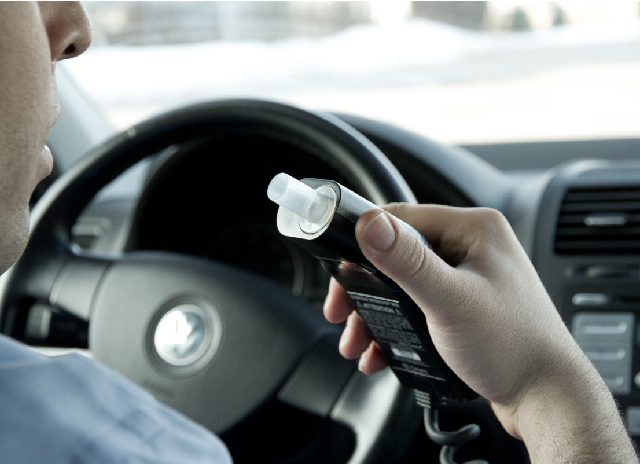Are medical fitness to drive procedures fit for purpose? (PIN Flash 40)
This report examines the current state of play in PIN countries regarding the assessment of medical fitness to drive, with reference to the 2006 EU Directive on Driving Licences.
Studies have concluded that specific medical conditions, substance abuse, mental disorders, epilepsy and diabetes are more important factors than age when it comes to medical fitness to drive. Mandatory age-based screening of older drivers has not been shown to be effective in preventing severe collisions. It may even have a negative safety impact, as older drivers become vulnerable road users.
Medical checks performed when obtaining a licence, renewing a licence or re-licensing can be useful for identifying medical conditions which may affect fitness to drive. Of the PIN countries that responded to ETSC’s request for data, the majority of them require some form of medical check when first applying for a category B driving licence. This medical test can vary from a self-assessment form filled out and signed by the applicant, to a medical examination carried out by a General Practitioner (GP) or a medical examination carried out by a specialist doctor or centre.
Data on the role played by medical conditions and disorders in road collisions are lacking. PanEuropean in-depth collision data could aid the development of safety policy, vehicle regulation and technological advancement. Pan-European in-depth collision investigation data would also support the identification of the areas that need immediate attention in developing collision countermeasures and support the evaluation of measures implemented in the EU.
Medical fitness to drive is a matter of judgement as well as science and the levels of training or guidance provided to those assessing medical fitness to drive in PIN countries vary. Eleven PIN countries help those assessing medical fitness to drive with a set of guidelines and seventeen PIN countries have a regulation which stipulates how fitness to drive should be assessed. A clear set of guidelines issued to those assessing medical fitness to drive is known to have a positive effect.
Driving while under the influence of alcohol poses a serious risk to road safety: 25% of all road deaths in the EU have been estimated to be alcohol related. Diagnostic, therapeutic and rehabilitation aspects of alcohol-use disorders have been neglected in the Directive and in many guidelines. The upcoming revision of the Driving Licence Directive represents an opportunity for review.
The report recommends that a standardised screening process be considered across all Member States when assessing a driver’s fitness to drive. The process should be based on international best practice and ideally, consistent across all jurisdictions.
Download Download IndicatorErratum:
- Footnote 37 on page 20: the correct link is https://www.transportstyrelsen.se/globalassets/global/publikationer-och-rapporter/vag/trafikant/samband-mellan-sjukdomar-och-aldre-bilforares-inblandning-i-trafikolyckor.pdf








